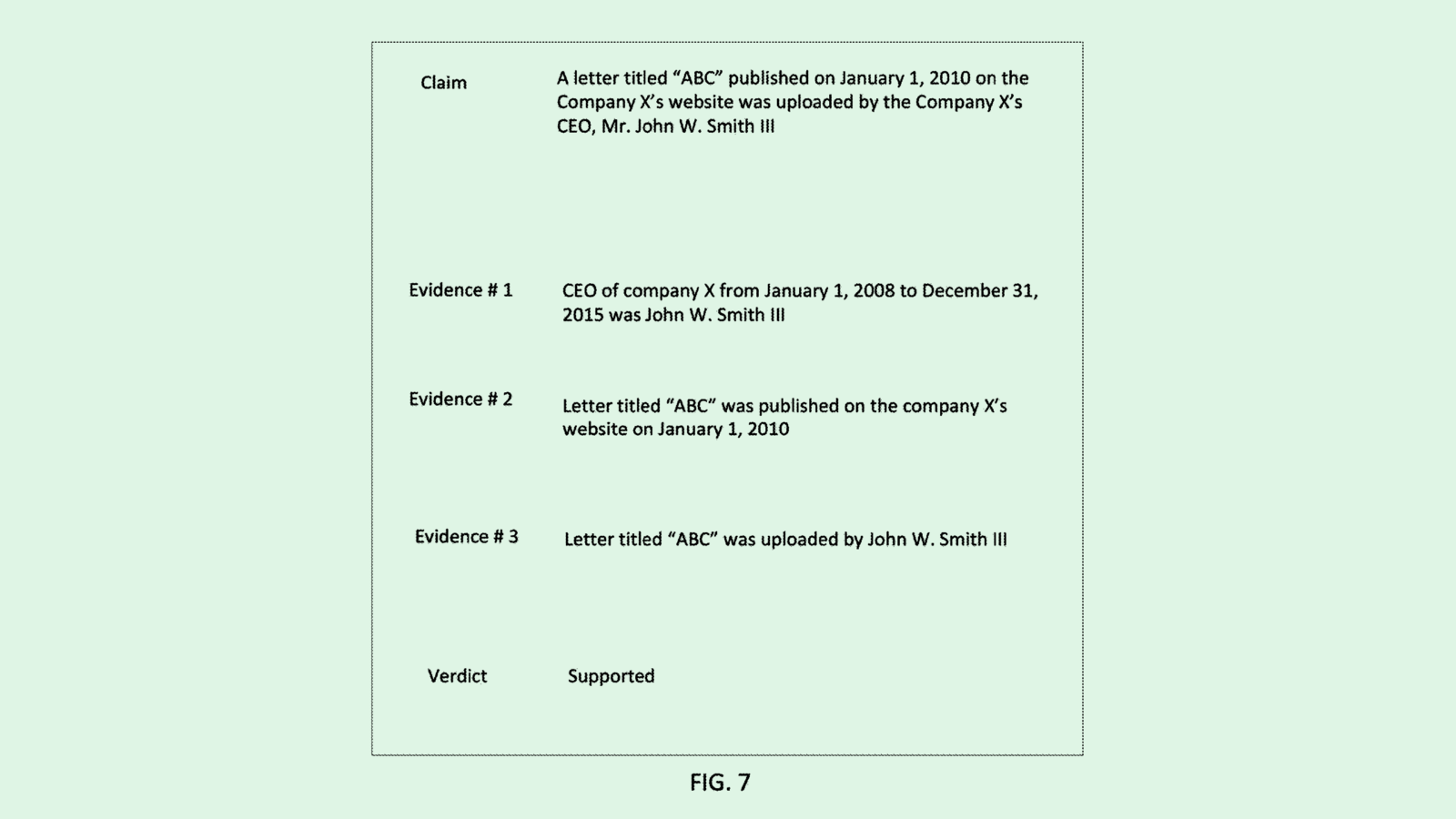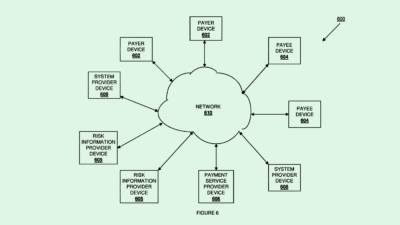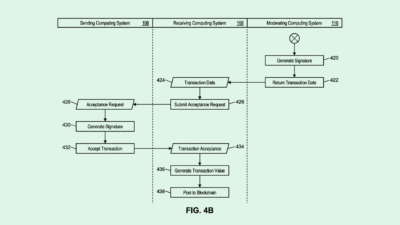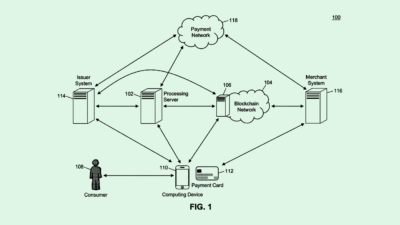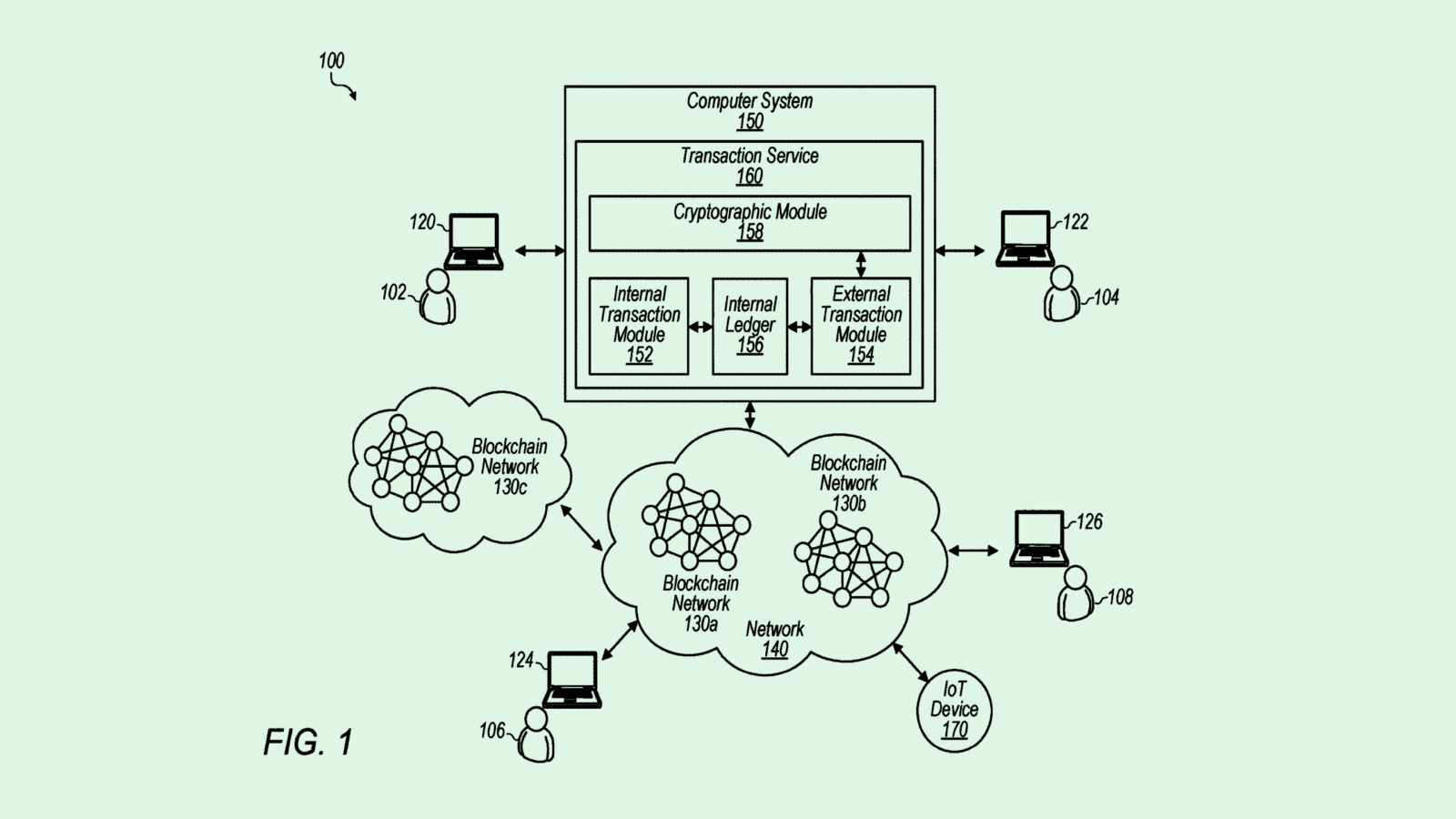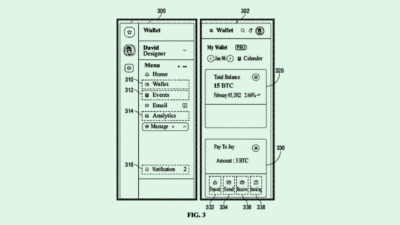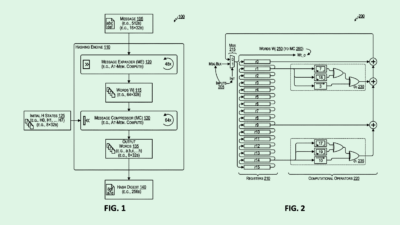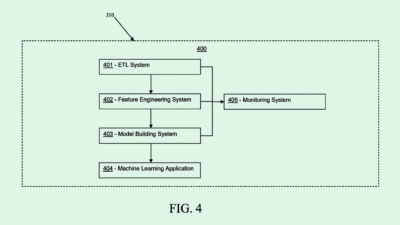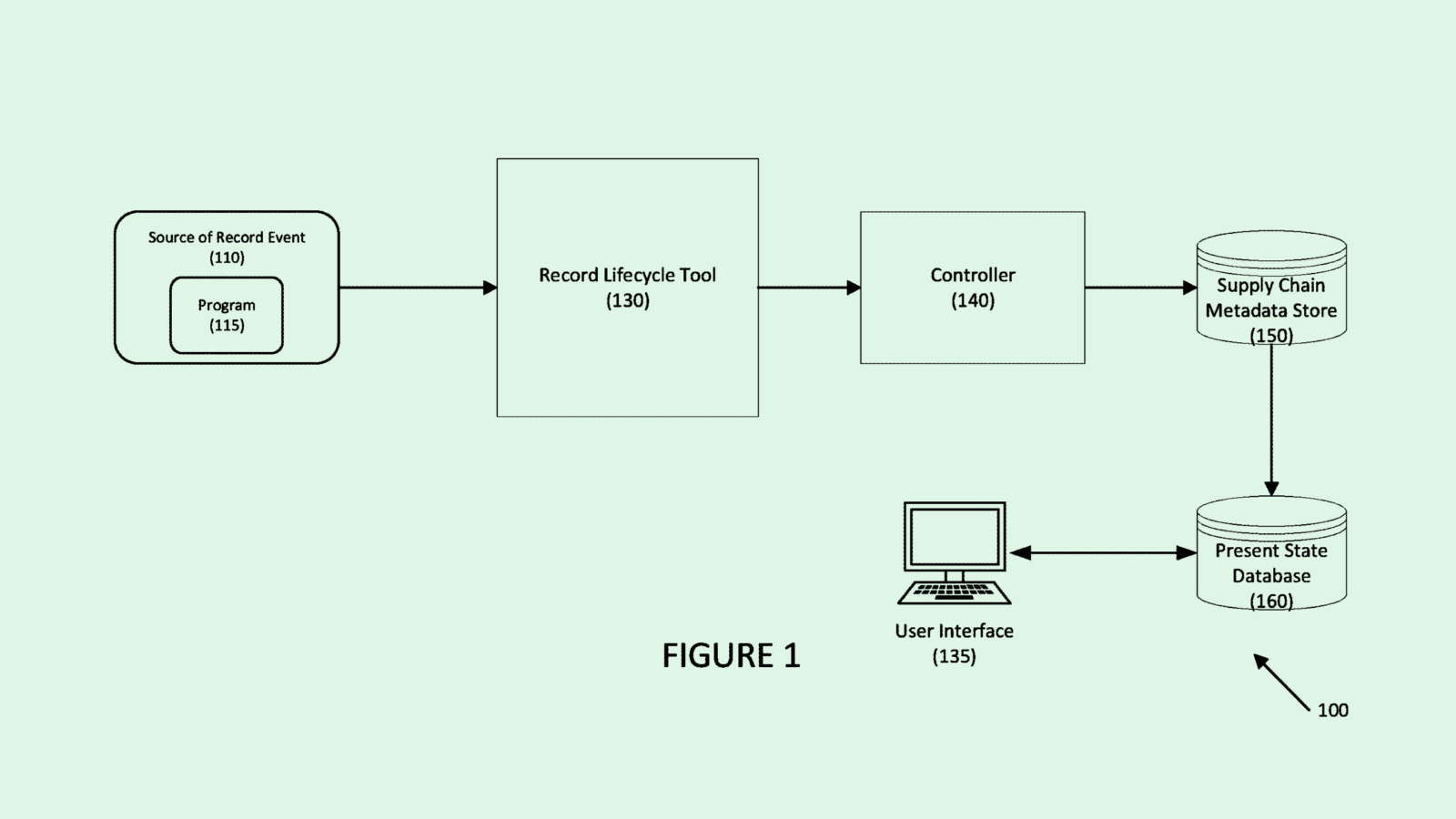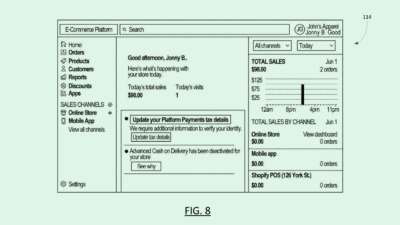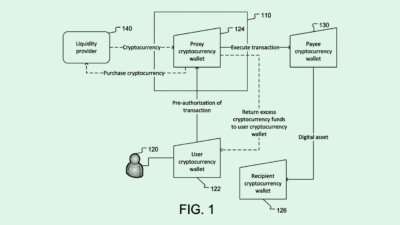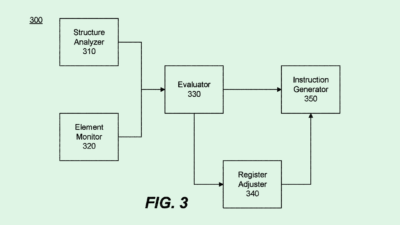eBay Patent Utilizes Blockchain for Security, Seller Reputation
This patent follows another from eBay aiming to play into blockchain’s strength as a security tool.
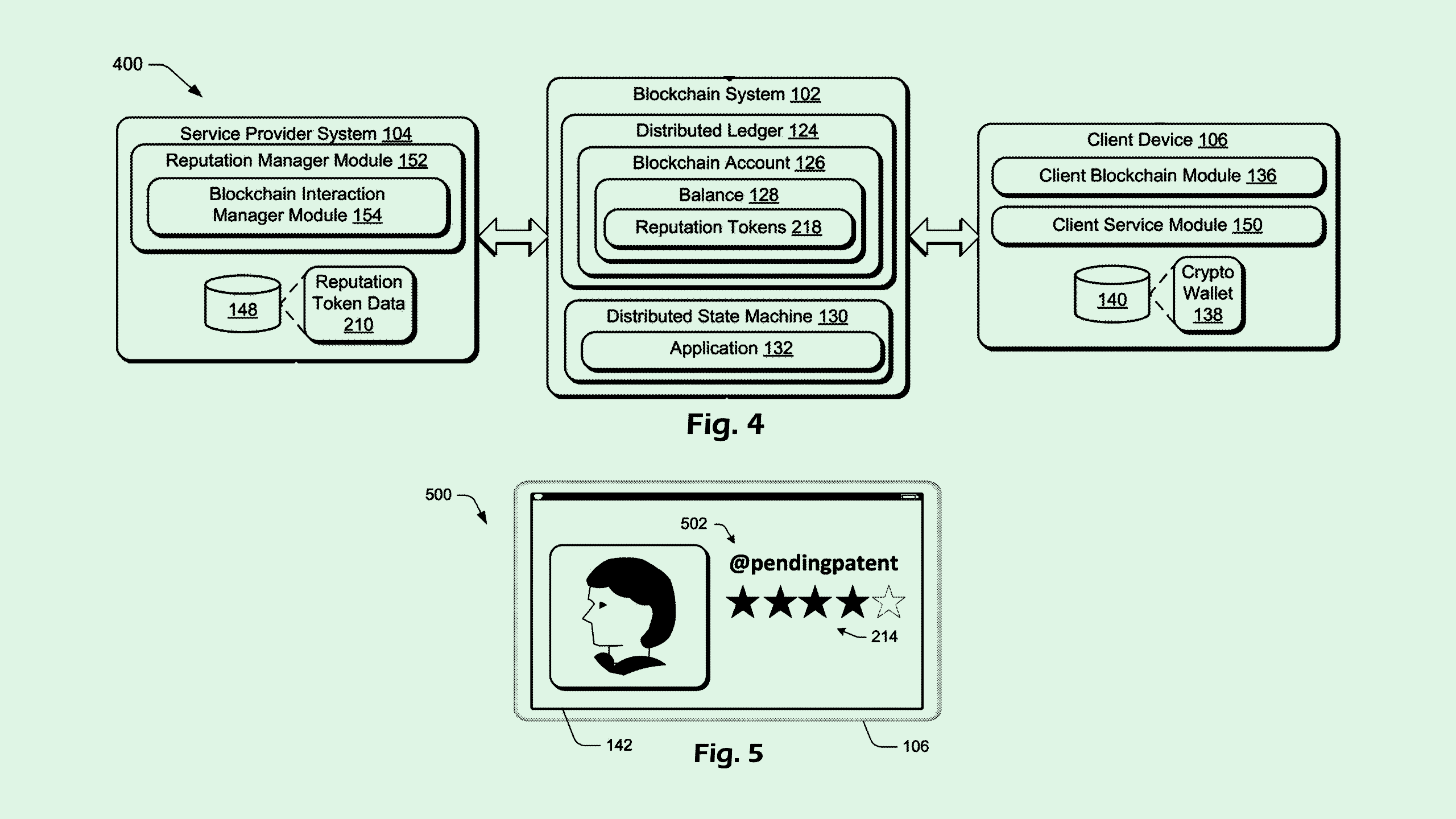
Sign up to uncover the latest in emerging technology.
eBay wants to use blockchain to its fullest potential.
The e-commerce firm filed a patent for “generating a tokenized reputation score.” eBay’s tech aims to ensure that “service providers,” or sellers, have earned a good reputation for legitimate behaviors built up over a long period.
eBay’s tech relies on “reputation tokens,” which are given out as rewards to “blockchain account addresses associated with service provider accounts based on eligible user activity,” the company noted.
This system first collects activity data related to a user’s account. In eBay’s case, this could be transaction information, feedback or reviews from other users, product listings, or advertisements. eBay then checks to see if any activity is eligible for a “reputation reward.”
The system calculates which activities are worth a certain amount of “reputation tokens,” which are transferred via a blockchain smart contract, making them immutable. eBay noted that with this system users are “further empowered due to personal ownership and possession of the reputation tokens,” as it provides an “indication of their reputability that can be freely utilized among many service provider systems because the data is owned by the user.”
Finally, these tokens are calculated into a final reputation score, which is displayed on a user’s account.
This patent follows another recent filing from eBay that uses blockchain for security purposes. Back in February, Patent Drop reviewed an application from the company for “blockchain-based authentication and authorization,” which applies blockchain’s transparency to the process of authenticating sellers. This filing could be expanding that system, playing into blockchain’s strength as a security tool.
eBay has a bit of a history with blockchain: The company has filed several additional patents for blockchain-related tech, including logistics organization and “fingerprinting” of physical items, and also acquired NFT marketplace Known Origin in 2022.
However, the company’s blockchain endeavors have since dwindled alongside the tech industry’s excitement for crypto and NFTs. The company reportedly laid off 30% of the staff of KnownOrigin earlier this year.
But this patent highlights a larger trend among tech firms working in blockchain: Many are seeking use cases for the tech outside of digital currency and Bored Apes. Despite its reputation for volatility, the immutability and transparency of blockchain provide opportunities that extend far beyond payments, with companies looking at ways to use it for everything from record keeping to deepfake identification to road salting.
